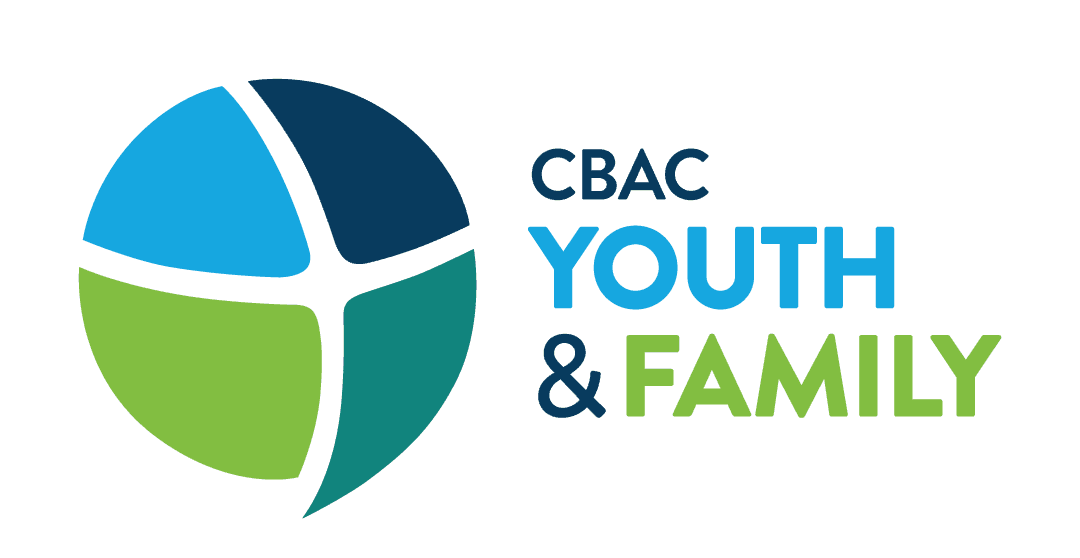Hello Everyone,
My name is Joel Murphy, I am the new Associate Director for the Youth and Family department here at the CBAC. I have been with the CBACyf team for only three weeks and have been so appreciative of the encouraging notes, invitations to visit, and that stereo-typical maritime hospitality. It is a privilege to be back in the Atlantic Canada and working alongside amazing Godly women and men who are passionate about joining Jesus in their neighborhoods and inviting children, youth, and young adults to do the same. It has been a period of transition for me, so I am keenly aware of the period of transition that many of our students are facing.
Everyone faces periods of transition differently. For some it is an exciting time full of adventure, for others the unknown is terrifying, or quite possibly some may not even notice. For many of our Next Generation ministries the summer brings a change in our programming design. For some ministries, they continue on with their regular programming, but for many congregations summers consist of more events or ‘one of programs’ (VBS and camps) and less routine weekly programs.
Times of transition are important as they signify to us that something is ‘ending’ and something is ‘beginning’. Times of transition often happen on a cyclical nature (seasons, school year, fiscal year, etc.) and being intentional with concluding and beginning well helps us see how God has been at work (Mark 4:26-29) and how God is present in our future (Hebrew 13:8). Transition are a key opportunity for us to encourage the transfer of learning and encourage ‘deep’ learning of lessons learnt throughout the school year. If we are intentional about transitional seasons we can help students/kids faith solidify and even spring into action (Camp, 2012). Therefore, the question I put forward is:
How can we support students in the transitional period of school ending and summer beginning?
Below are some examples of ways to ‘end well’ and to help in fostering a positive transition for students.
Reflect/Debrief
Reflection plays an important role in the learning process (Larsen‐Freeman, 2013). Giving space at the end of the year for students to reflect on what they have learned and what they have done (Mark 6:30-34) can be incredibly meaningful. Reflection can feel tedious (especially with those students & leaders who won’t sit still) but will help students internalize what they have learned over the year. This would also be a time to acknowledge some of the harder parts of the year and help encourage individuals to see how they have come together as a community. Encouraging self-reflection will help solidify learning and development (Larsen‐Freeman, 2013), and the transition into summer is a good time for this type of reflection.
Guardian Thank You
The influence of parent/guardians remains an integral influence of faith and the general development of young people. Throwing a ‘thank you’ party for all the parents and guardians who drove students to youth group, who helped drive to events, etc. helps demonstrate to them the important role that they are playing. This also gives students the opportunity to demonstrate gratitude and to practice this important spiritual discipline. We want parents/guardians to know that they play an important role in the spiritual formation of their children.
Commission/Blessing
If you are running a weekly program over the summer then perhaps this is not relevant, but commissioning/blessing the diverse groups of students and their summer plans (working at camp, working in the community, going on mission trip, going on holidays, etc.) stimulates a sense of connection and models what a ‘sending community’ looks like (Matthew 10:5). This helps model to youth the importance of prayer, demonstrates both the diversity of people in the room, and also that they are a part of a community who cares what they are doing.
Celebrate
Celebrate what you have done! Have a party! Have a barbecue! Invite the youth, volunteers, and anyone who is a part of your community to celebrate what God has done over the year. How GOOD it is to sing his praises (Psalm 147:1). Remind people what the year has held, remind them of the one time that *insert leaders name* and *insert students name* did that *insert ridiculous thing *. Remind them of ways that the Holy Spirit moved on the night that *insert students name* decided to give their life to Christ. Remind them of what happened when you joined God in your neighborhood and met *insert name * and how thankful they were when you *insert act of service *. In a world full of negativity, it is important to acknowledge the ways that God is, has, and continues to be SO good.
Thank you for taking the time to read this month’s blog. We at CBACyf are so grateful and proud of the amazing work happening across Atlantic Canada. We are excited to support and partner with you as we join God in our neighborhood. Registration is still open for ONE conference > https://www.onecon.ca <. Hope to see you there!
Reference List
Camp, D. (2012). Here, There, and Anywhere: Transfer of Learning. Critical Questions in Education, 3(1), 35-42.
Larsen‐Freeman, D. (2013). Transfer of Learning Transformed. Language Learning, 63(Supplement s1), 107-129.

